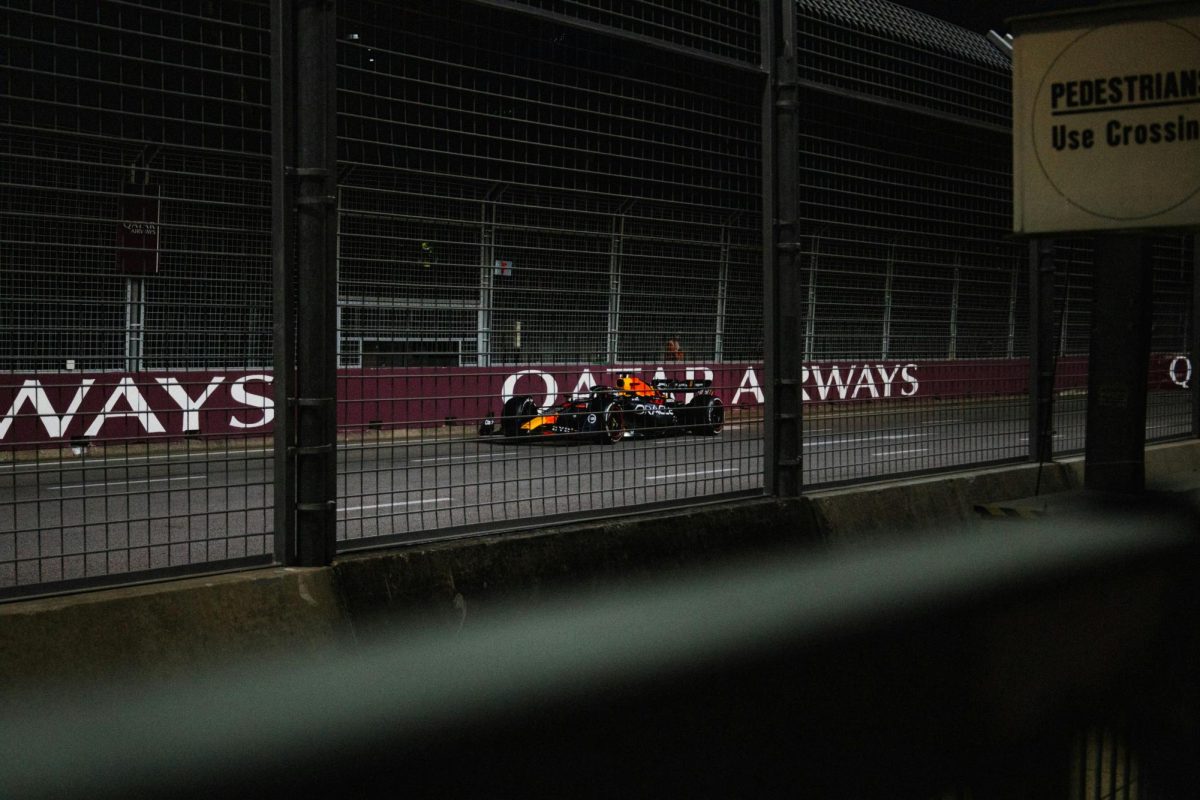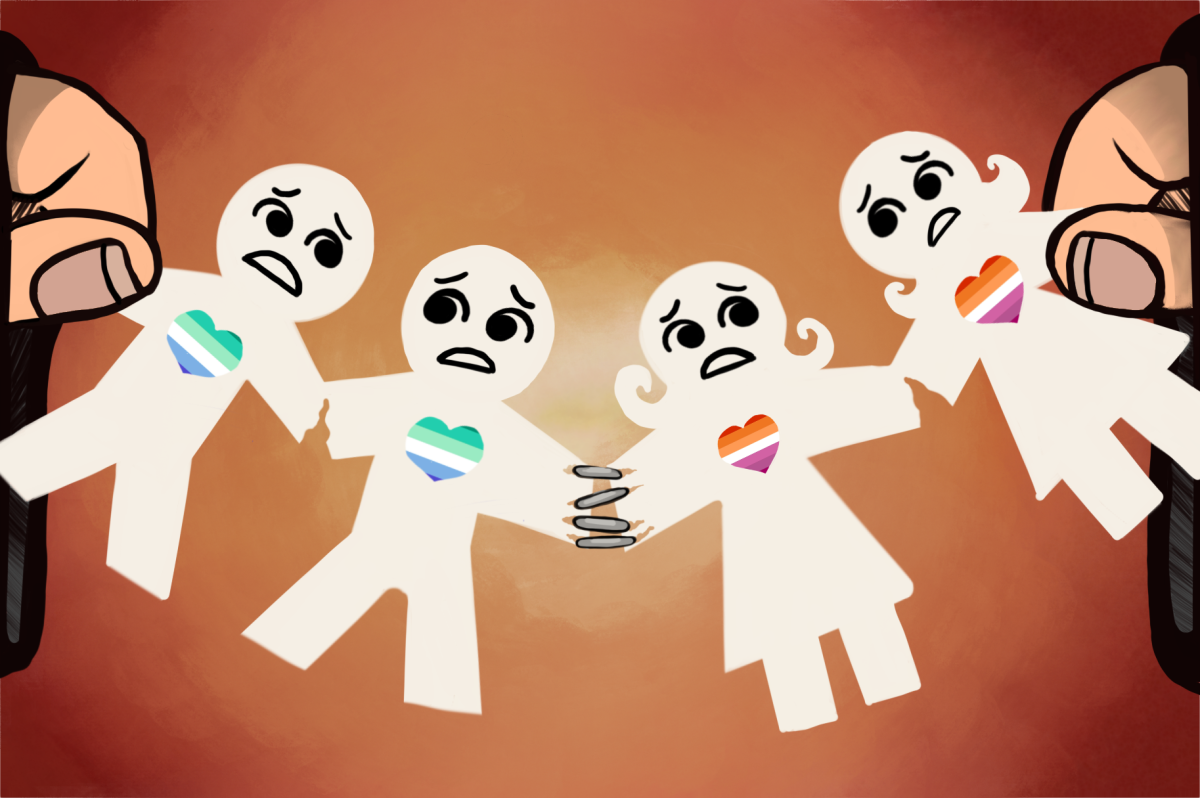It’s hard to believe that women make up almost half of the Formula One racing audience when looking at how poorly they’ve been represented over the last couple of years.
Being a woman in the F1 space, as a fan or member of a team, comes with harmful stereotypes such as only being interested in the sport for the objectively hot drivers.
These stereotypes always seem to sexualize women and are formed by the male fans, the media surrounding F1 and even some of the biggest names in the sport.
Christian Horner, Oracle Red Bull Racing team principal for over 20 years, was accused of “inappropriate, controlling behavior” by a female colleague in February 2024.
After an internal investigation was conducted, Horner was found not guilty.
Shortly after, the WhatsApp messages were leaked, and the truth was revealed. Horner had sent sexual messages to the woman, including requesting sexual images.
Earlier this year it was announced that after the 2025 racing season, Horner will be removed from the team. This came as a surprise considering how crucial his presence has been to the team since it was first formed in 2005.
Over the summer, “F1: the Movie” was released and has been praised as a cinematic masterpiece by many on the internet.
However, there has been little to no criticism on the female representation in the film, which is shocking as that’s all I could think about when walking out of the theater.
The three main women in the film are an engineer, a pit crew mechanic and a mother. On the surface, this can be considered good representation as they are important roles to a racing team, but when taking a deeper look, the misogynistic perception of women’s roles in F1 is apparent.
The engineer was simply written into the script as a love interest and damsel in distress for the main male character. The mechanic was the only person on the pit crew to make mistakes, and she only became confident after a male racer gave her a pep talk.
The mother was doing her best by caring for her son, but she was only seen cooking, cleaning and fawning over the main male racer. It’s painfully obvious her character is instilling the harmful idea of what a mother “should be.”
The team behind this film failed F1’s female fanbase.
Seven-time F1 world champion, Lewis Hamilton, who is the first and only Black driver, is a main producer.
From racial equality to LGBTQ+ rights, Hamilton has always advocated for minorities, which makes the film even more of a stab to the heart.
With an activist like Hamilton on the production team, it’s upsetting to think that he would allow such harmful representation of women within his sport.
Making things worse, F1 academy, the female-only racing championship that debuted in 2023 to help close the gender gap, is only seen by fans as a way for F1 to clean up their misogynistic image.
The academy is seen as a place for girls to go off and play while the big boys do the real racing. More than half of their first racing season wasn’t even aired live, so it’s easy to see that starting off, the championship was never taken seriously.
It’s beyond insulting to see this type of messaging in 2025 when women like Hannah Schmitz, the principal strategy engineer for Oracle Red Bull Racing, has played a key role in the team’s consecutive victories and overall dominance in the sport.
The fact that fans, including women, haven’t been speaking out against the movie and holding F1 leaders accountable for their lousy treatment and portrayal of women is truly a mystery to me.
Women have been involved in racing since the very beginning, so it’s extremely frustrating with as large and diverse as the F1 community is, that these traditional and harmful ideals of women are still relevant.
Women are more than lovers, mothers, caretakers and clumsy mechanics. The sooner the F1 industry realizes that, the better off the sport will be.



































